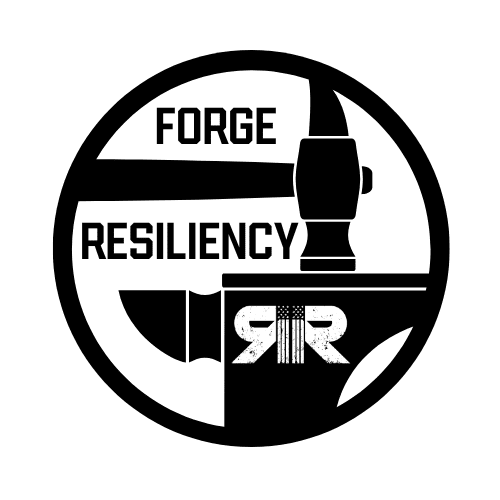Forge Resiliency: Prepare, Survive, Thrive - A Guide to Resiliency and Growth
This eight-hour interactive course explores the effects of exposure to traumatic events and chronically high levels of stress across all professions and industries. Designed to reduce stigma and encourage access to mental health care, it delves into the physiological and psychological impacts of trauma on individuals working in high-stress environments. By emphasizing the neurobiological changes caused by stress and trauma, the course helps participants understand that common psychological challenges are often the result of chemical or physical changes in the brain, much like physical injuries affect the body. This perspective normalizes seeking support from mental health professionals and peer support networks.
The program also examines how chronic stress and trauma alter neurotransmitters such as cortisol, adrenaline, and dopamine. It identifies seven common areas of life that influence personal resilience. By raising awareness of these areas, the course promotes better overall health, wellness, and stronger personal and professional relationships. Resiliency is presented as a critical tool for preventing common psychological issues and supporting mental health and well-being in both personal and professional settings.
Participants will engage in an in-depth exploration of proactive personal resilience, focusing on seven interconnected areas of life. Using our proprietary tools, they will design their own customized resiliency plans, which can be continuously revised and adapted to fit any stage of life and any circumstance. The goal is to help individuals across all professions to "Prepare, Survive, & Thrive."

